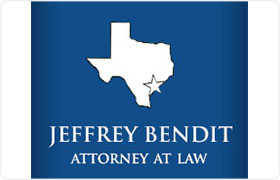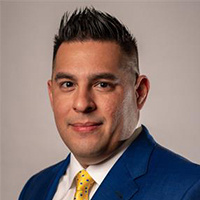Sugar Land White Collar Crime Lawyer, Texas
Sponsored Law Firm
-
 x
x

Click For More Info:
-
Jeffrey Bendit P.C.
434 N. Brooks St. Hwy 36. Brazoria, TX 77422» view mapCriminal Law The Lawyer West of the Brazos
When you need someone to fight for you, we can thoughtfully evaluate your experiences and honestly direct you to the most appropriate course of legal action.
800-833-4190
Adam W. Capetillo
✓ VERIFIEDCriminal, DUI-DWI, Misdemeanor, Felony, White Collar Crime
I represent individuals charged with criminal offenses. Call me and let me Fight for You.
Mr. Capetillo was born, raised, and still resides in Fort Bend County, Texas. He graduated from B.F. Terry High School as a fighting Terry Ranger Base... (more)
Marshall Douglas Murphy
DUI-DWI, Criminal, Misdemeanor, Felony, White Collar Crime
Doug Murphy: Renowned Board Certified Criminal Law & DWI Specialist Serving Houston, Texas
Doug Murphy stands as a prominent figure in the legal realm of Houston, Texas, with a focus on Criminal Law and DWI Defense. His career, which began i... (more)
FREE CONSULTATION
CONTACTFREE CONSULTATION
CONTACTFREE CONSULTATION
CONTACTEdward Andrew Rose
Tax, Litigation, White Collar Crime, Civil & Human Rights, Business & Trade
Status: In Good Standing
David L Singer
White Collar Crime, Misdemeanor, Felony, DUI-DWI
Status: In Good Standing Licensed: 41 Years
FREE CONSULTATION
CONTACTRachel Leeanne Mcmillen Grier
Litigation, Health Care Other, White Collar Crime, Civil Rights
Status: In Good Standing Licensed: 18 Years
 Jeffrey Bendit Brazoria, TX
Jeffrey Bendit Brazoria, TX AboutJeffrey Bendit P.C.
AboutJeffrey Bendit P.C. Practice AreasExpertise
Practice AreasExpertise


